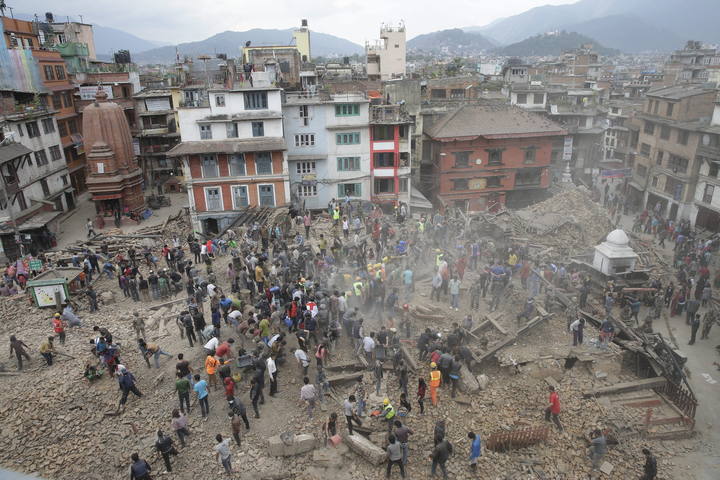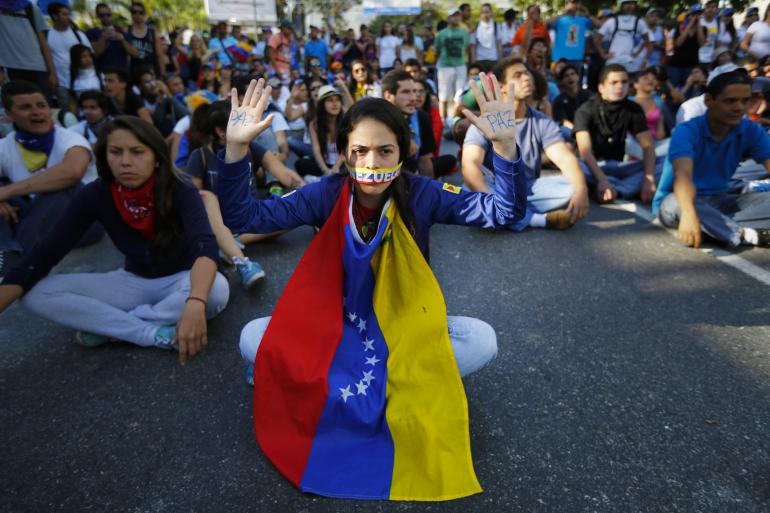The twenty-sixth Week of Communication opened its doors last Monday, April 20th, in a slightly different way to what has been done over the past years. Due to COVID-19 the organizing committee has adapted the use of technology which means that we have to develop this cultural event in an online way. Responses by the students, professors and professionals have reached those high expectations during the CoWeek, the CEO and president of the European University of Madrid, in the inauguration act in cooperation with Sonsoles Moralejo, director of communication at the university, said that “the greater the challenge, the grater the response”.
The 2020th Communication Week, will try to give answers to the health crisis that we are experiencing nowadays from different points of view such as: the vision of the media, companies, sports, psychology…with a clear aim of paying tribute to heath professionals and workers who strives day after day to succeed.
The first conference of this XXVI Week of Communication took place on Monday, after the opening act by Jose María Ridao, Spanish writer and diplomat, who was assigned in different countries such as Angola, Equatorial Guinea or France, and was appointed ambassador of Spain to UNESCO in 2004; after being a consul of Spain in Paris and Washington (USA),he decided to resume his career as a journalist/assistant director of El País. The talk was moderated by professors Luis Guerra and Jose María Peredo.
The first round table addressed issues related to the role of the media and the Government in the face of about this situation of exceptionality that we are living. For Jose María Ridao, the reaction on the part of society has been uniform, while political parties have not been able to show such unity, “the important thing is that the politicians pronounce and allow for a great pact to protect the legitimacy of the country”; in their vie, the various parliamentary groups should start working in order to reach unity and he also emphasize that the political parties have not spoken out. As it is such an unusual situation, legitimacy is surrounded by naked legality and in consequence the importance of political consensus in order to protect the legitimacy of the country.
Still on the political vision of the diplomat, Professors launched a question of particular interest regarding the handling of the situation by more authoritarian democracies compared to the liberal ones. Ridao, noted that Spanish citizens in general, have not responded badly to these restrictions and the response on the part of people on the lines has been an ideal role model; however, authoritarian systems are based on the exceptionality that Spaniards are experiencing right now. It’s also important to always keep in mind that our objective is that if normalcy and that all the actions that are being carried out have that goal. Accordingly making forecasts and assumptions about how things are going to be once this situation is over “would be inconsequencing and destroys credibility. The important thing is the institutional functioning and that the same freedoms are maintained, regardless of whether or not they use masks.”
Furthermore, Ridao stated that this crisis has accentuated communicative processes that have already been observed as the distinction between technological possibilities when transmitting a message or information, the difference between the concept of news and data or the relationship between data and knowledge. This is a simple task to distinguish among news and data, and even more so if the media references are used, since the data and information are assumed to be the correct ones. This shift from data to information forces the media to an extraordinary exercise of transparency. We should try to describe reality without dramatists and metaphors: “I’m not in favor of describing what is being lived in terms of war and the reason is that when using a term in public space is describing an action.”
In conclusion of this first talk of #CoWeek20, Jose María noted that strong leadership is being affected by the crisis and many leaders have been exposed because of this very difficult situation . Democratic reflection should be a consequence of their reflection on leaders and not on their leadership.
Lucía Morollón López




